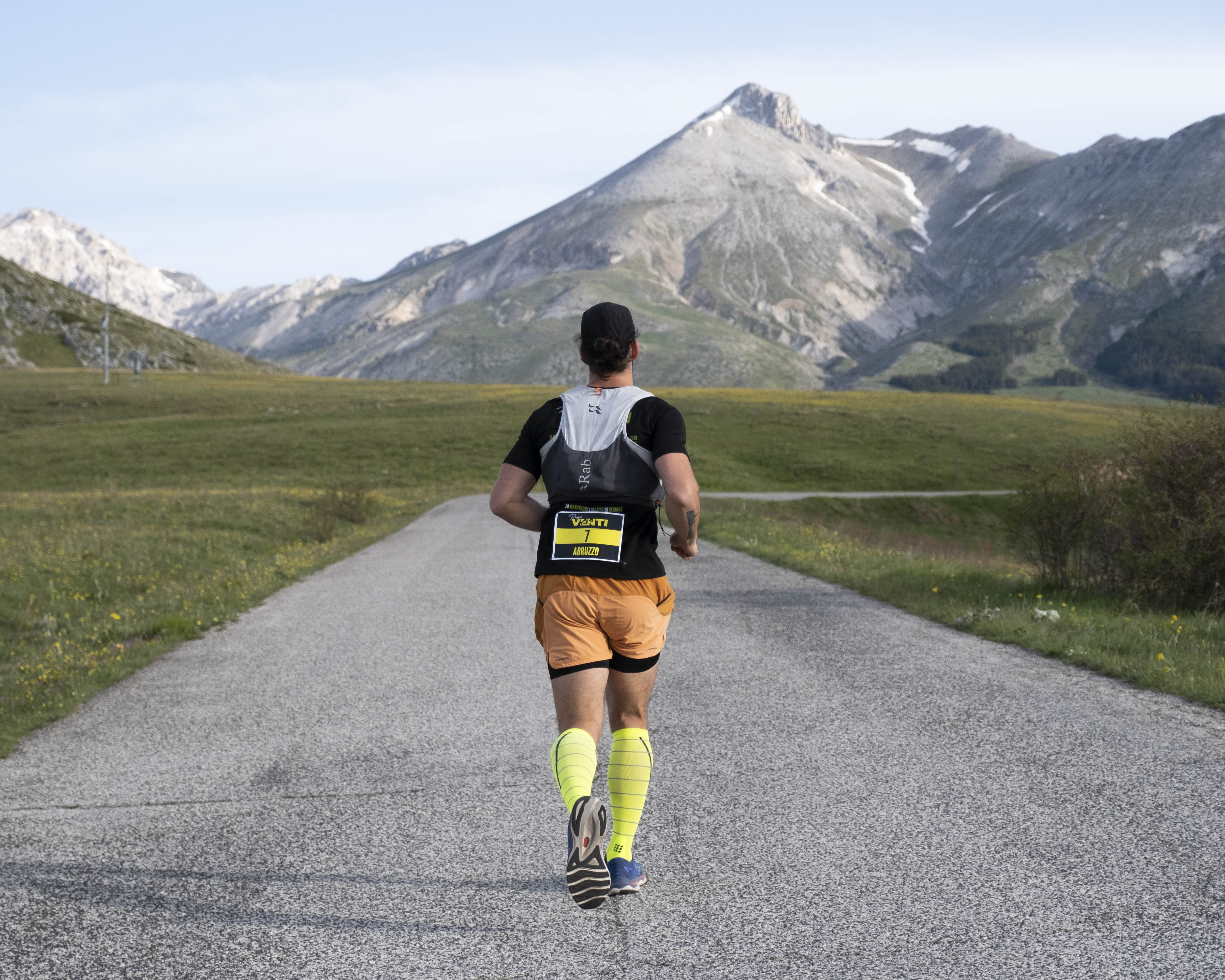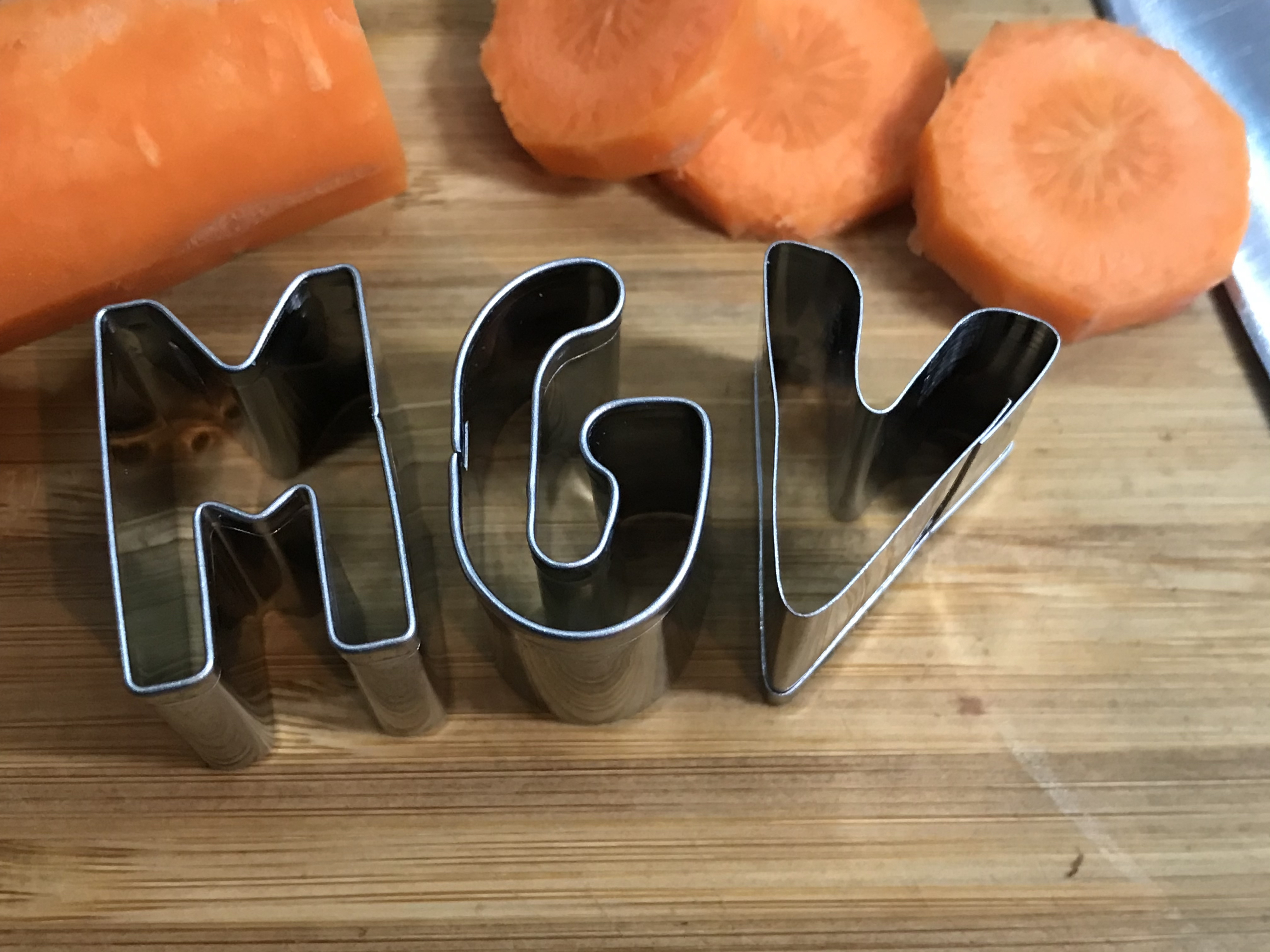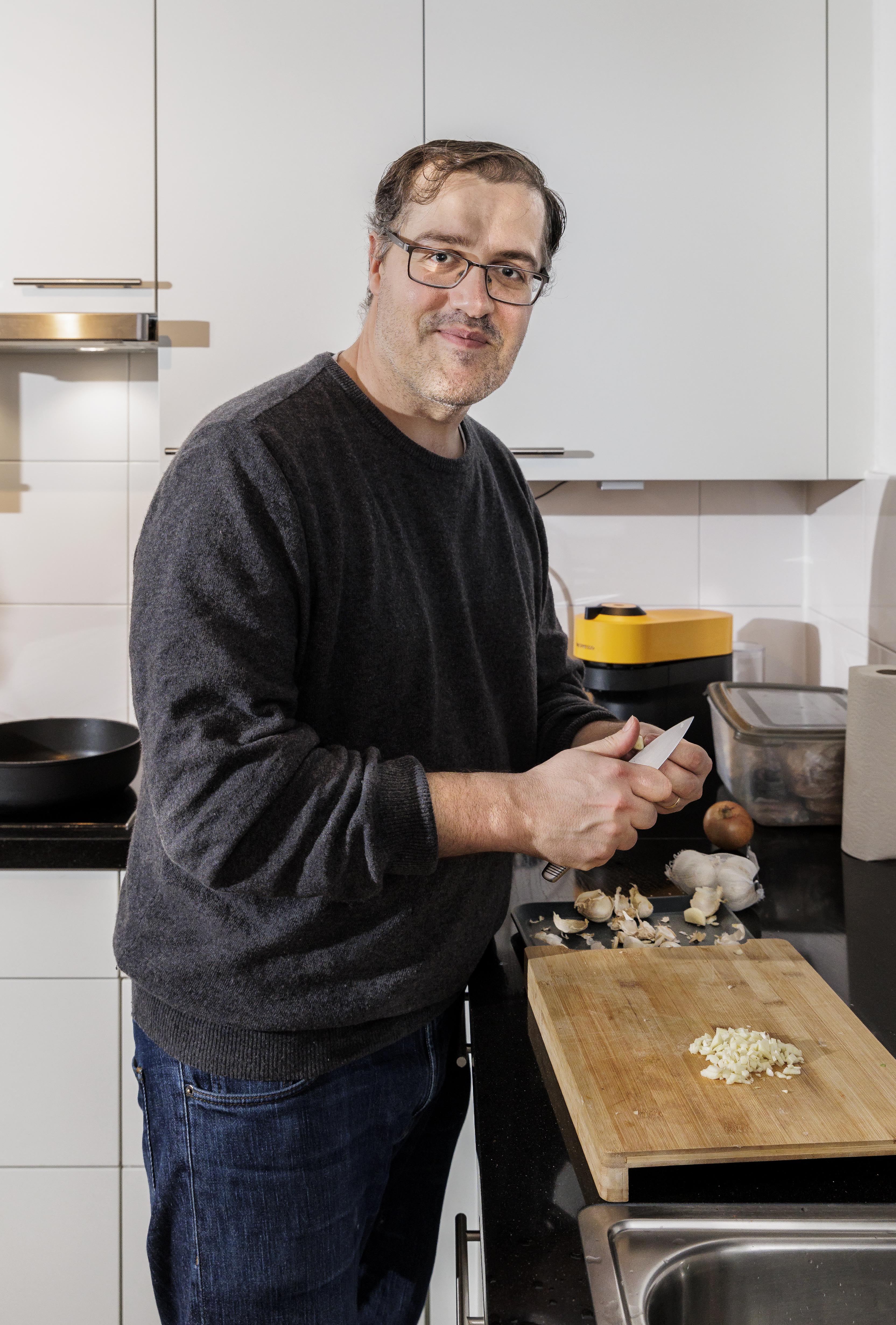A month-long lie-in
Imagine living and working from your bed, day in and day out: no exercise, no contact with others. Your food is delivered, as are other necessities. More than half a million Japanese people have been living like this for years – either of their own accord or by necessity. It was one of the sources of inspiration for Chinese artist Yiyun Chen. Together with UM scientists, Professor Patrick Schrauwen and Dr Vera Schrauwen-Hinderling of the Department of Nutrition and Human Movement Sciences, she won the BAD Award worth € 25,000, with which she will conduct an artistic/semi-scientific experiment. From 15 October, Chen will spend a month in a specially designed room in Eindhoven.
The inspiration for Long-live-in-bed
When Yiyun Chen broke her spine last year and was forced to stay in bed for six months, she developed an interest in the horizontal lifestyle. "In China there are hundreds of thousands of people for whom 'the ideal life' is living in bed, or at least from their couch with their screens. They can meet their needs through technological means and they don’t have to go anywhere." That is how the idea for the 'Horizontal living - long live in bed' project came about. A month of living in Eindhoven gave Chen some ideas about why people in her homeland find such a life attractive. "One reason could be the population density and crowds in Chinese cities – it makes going out after a long day’s work very tiring. Then there’s the constant competition and the pressure to not make mistakes. Some people withdraw from society and can no longer muster the courage to go outside."


Yiyun Chen communicates with the outside world via Tumblr, Instagram: @cloud.xs and email: yiyunchen.xs@gmail.com.
The BAD Award is an annual international competition that aims to stimulate artists and designers to experiment with bio-art and bio-design, so as to push the boundaries of art and science. The prize was awarded in May this year by the Netherlands Organization for Scientific Research (NWO), ZonMw, kunstruimte MU and BioArt Laboratories.
The match with the Maastricht researchers

Patrick Schrauwen, professor of metabolic aspects of type 2 diabetes, and Vera Schrauwen-Hinderling, Associate Professor at the Department of Radiology, didn’t know about the BAD Award; the Diabetes Fund invited them to apply. The artist and the researchers found each other at a 'match making event' in The Hague. Patrick Schrauwen: "When you hear about Japanese people who choose not to leave their beds, it might strike you as strange at first. But if you look at how our own lifestyle has changed over the past forty years – children who prefer sitting indoors to playing outside, adults sitting at a desk for eight hours a day – the differences are less profound than you first think. Moreover, we can now order everything, even groceries, online. So a future in which we leave our homes less and less is not inconceivable."
The goal: creating awareness
Among other things, the project wants to draw attention to the effect of such a lifestyle on health. Before Chen enters the room, her health is assessed in the lab of the department of Nutrition and Human Movement Sciences: her metabolism, insulin sensitivity, body fat, sense of balance, blood levels, etc. The researchers also give her advice on the healthiest possible lifestyle in and around her bed. This advice centers on lifestyle factors which the department researches: cold, light, posture, 24-hour rhythms and nutrition. Schrauwen: "It is not a scientific experiment, but rather a way to create awareness among a broader audience."
Why the professor participates
Afterwards, the room and the results will be shown at an exhibition in MU Eindhoven. Incidentally, the professor himself does not often come into contact with art. "I can distinguish a Rembrandt from a Van Gogh, but that's about it", he laughs. Why does he take time out of his busy schedule for this project then? "Because it is sometimes nice to do something whimsical and to gain new experiences. In addition, it is important that scientists communicate with a wide audience and this is an interesting way of doing that."
Yiyun Chen is looking forward to the experience: "Science inspires me very much. I think that both art and science represent important values in a culture. When they work together, it often leads to powerful results, just think of Leonardo da Vinci."
Also read
-
Alumnus Alessandro Portante is running twenty marathons in twenty days across the twenty regions of his home country Italy, a challenge he calls Project Venti.
-
For a casual way to explore tasty plant-based cuisine in good company, you may want to check out Maastricht goes Vegan, a non-profit cooking event. Werner Teeling of the Faculty of Psychology and Neuroscience is one of the organisers.
-
David Baião Barata was born and raised in Castelo Branco, in eastern Portugal. His mother cooked typical Portuguese cuisine: hearty soups, lots of meat, everything doused in olive oil. It was only during his studies in cell and molecular biology in Lisbon that he began cooking for himself. And it...


